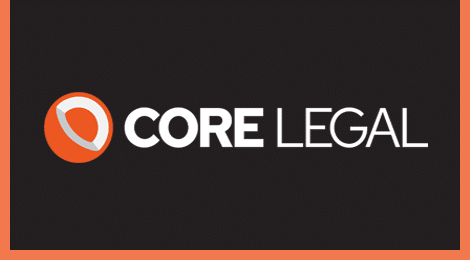When considering the acquisition of a business, conducting thorough due diligence is paramount to ensure a wise investment decision. Due diligence involves a meticulous investigation and assessment of various aspects of the business before finalizing the purchase. It enables the buyer to uncover potential issues or liabilities that could impact the business’s value and operational viability. Here’s a breakdown of the different types of due diligence and their significance:
Financial Due Diligence
– Scrutinizing the financial health of the business by analyzing financial statements, tax returns, and records to ascertain profitability and financial stability.
– Identifying any anomalies or discrepancies in financial records that could raise red flags.
– Verifying the accuracy of financial information provided by the seller.
Legal Due Diligence
– Reviewing the business’s legal compliance by examining contracts, licenses, and other legal documents to ensure adherence to laws and regulations.
– Identifying potential legal issues or liabilities that could impact the business’s operations or value.
– Assessing ongoing litigation or disputes involving the business.
Employment/HR Due Diligence
– Understanding the workforce composition, employment terms, and conditions to make informed decisions on staff retention or recruitment.
– Evaluating leave balances and other liabilities to factor into the purchase price.
– Reviewing employment-related disputes, performance issues, or health and safety concerns.
Operational Due Diligence
– Evaluating the efficiency of business operations, including management, employees, customers, and suppliers.
– Identifying operational risks or issues that could affect future performance.
– Assessing product or service quality and market reputation.
Environmental Due Diligence
– Assessing environmental compliance and potential liabilities related to hazardous waste or contaminated land.
– Identifying environmental issues that could impact the business’s value or operations.
– Reviewing environmental permits or licenses held by the business.
Intellectual Property Due Diligence
– Ensuring the validity and non-infringement of trademarks, patents, copyrights, and trade secrets associated with the business.
– Evaluating the adequacy of protections for trade secrets and confidential information.
IT Due Diligence
– Reviewing information technology infrastructure and systems for security, compliance, and future scalability.
– Identifying risks related to data privacy and cybersecurity.
– Assessing the quality and capability of IT systems to support business operations.
Seeking early legal and financial advice when considering a business purchase is crucial. Trusted advisers can guide you through the due diligence process, ensuring awareness of potential risks and liabilities. For personalized advice and support, don’t hesitate to reach out to us.


